Population and Social Characteristics
12 Suze Orman Quotes Every 50 Year Old Needs To Hear

Published:

Perhaps your coffers aren’t as well lined as you’d like, or maybe you have some discretionary income you’d like to invest. The fifth decade of our lives is the final lap in the race to a comfortable retirement. While some of us are on track, others will require a tune-up and a tire change. Regardless of your present circumstances, Suze Orman, personal finance expert, author, and television personality, has got you covered with her straightforward advice on topics like money management, investing, retirement planning, and debt reduction. Orman believes that it’s never too late to take control of your finances. Continue reading 24/7 Wall St.’s list of 12 Suze Orman quotes every 50-year-old needs to hear and discover which ones resonate with you!
Suze Orman is a well-regarded personal finance expert, recognized for her wisdom regarding money management and debt reduction. She’s respected for her no-nonsense approach to financial advice and her advocacy for financial literacy and empowerment.



Stick with me. I’m delivering the bad news first. We’ll end on a high note, pinky swear. But, yeah, the American Dream, if it ever was, is no more. With the poignant lyrics I don’t know a soul who’s not been battered, I don’t have a friend who feels at ease; I don’t know a dream that’s not been shattered, Or driven to its knees, Paul Simon’s American Tune hits home in the 21st century, in which more Americans are living a dystopian nightmare. Stagnant wages, wealth disparity, subpar-for-profit health care, and mounting debt are some of the reasons. Suze Orman believes that with the right knowledge and strategies, individuals can still work toward their version of the American Dream, even in the face of such systemic challenges.


Ensuring that your expenses align with your fundamental needs rather than indulging in excessive or unnecessary spending can set you on the path to your financial goals. Maintaining a lifestyle that is sustainable and financially responsible allows you to save and invest for the future while continuing to meet your basic needs comfortably.


Having the financial means to buy something doesn’t automatically make it a wise or worthwhile purchase. Consider the long-term implications of your purchases. Ask yourself how unnecessary spending will affect your financial goals, like saving for retirement. By prioritizing your needs and practicing restraint you can build a decent nest egg. Retail therapy is, after all, a term coined by the retailers.
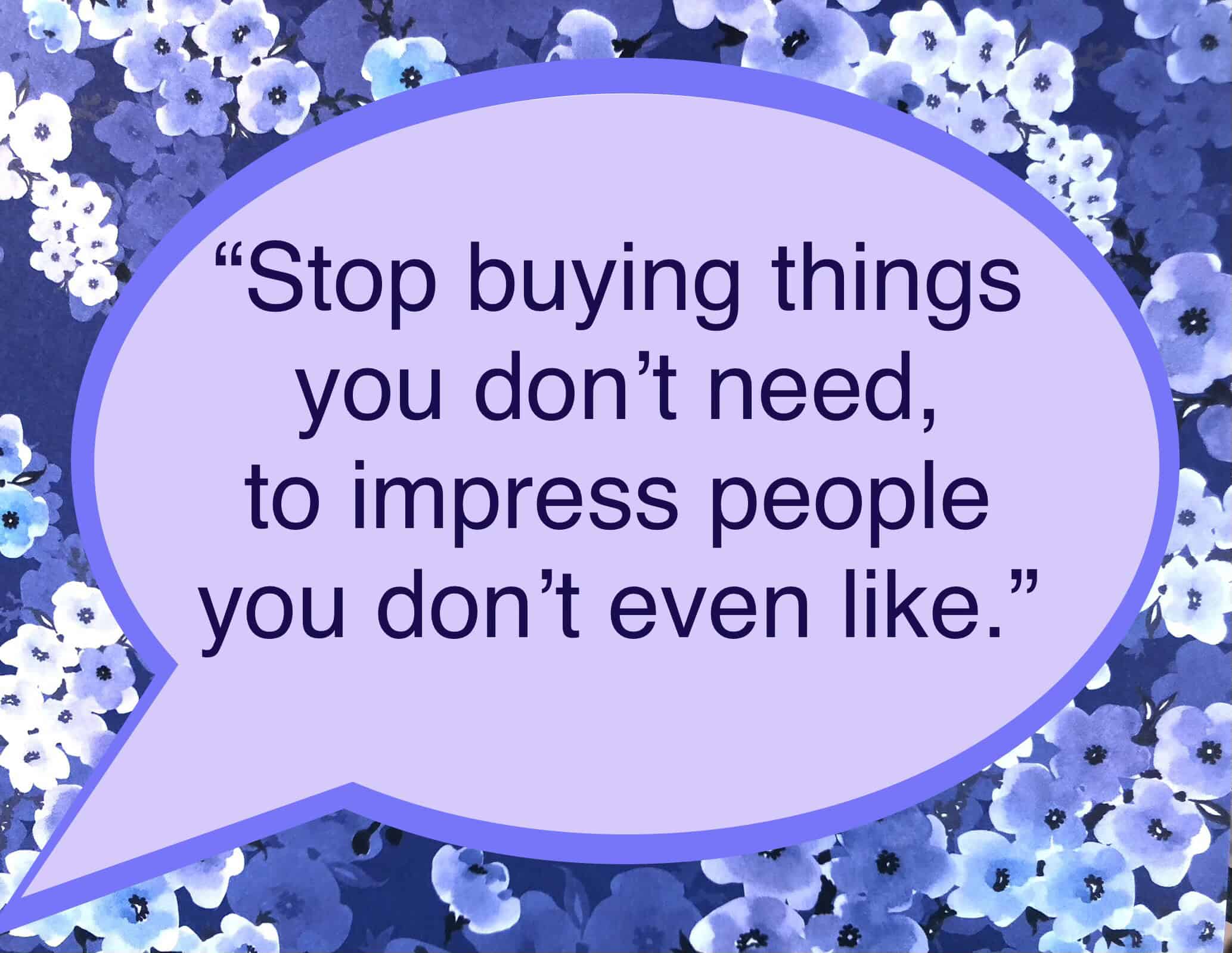

From societal pressures and a desire for validation to insecurity and low self-esteem, many individuals feel compelled to spend money to gain acceptance or admiration from others, even if those relationships lack genuine connection. In a consumer-driven culture that equates material possessions with status and success, retail therapy may mask feelings of inadequacy or boost self-esteem, but only temporarily. For the long term, consider transferring that endorphin fix to thoughts of an easy or early retirement, because, those who matter don’t mind. -Dr. Seuss


Like any relationship, the one you have with your money requires attention and care. Taking care of your money involves making informed financial decisions, budgeting, saving, investing wisely, and planning for the future. By actively managing your finances and ensuring they are aligned with your goals, you can create a more secure financial future for yourself. Conversely, neglecting your finances can lead to potential hardship down the road.
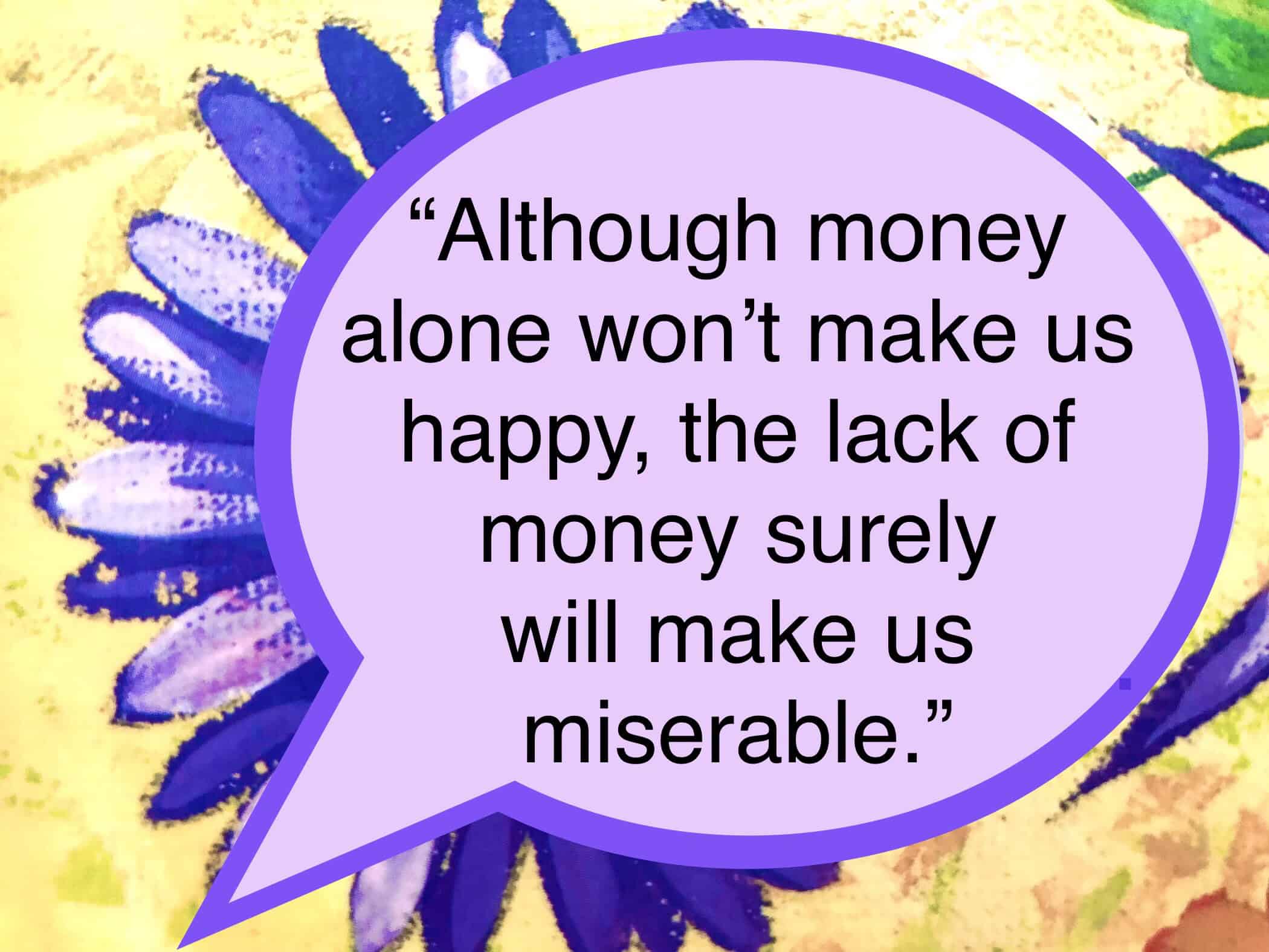

While it’s true that money can’t directly buy happiness, financial stability contributes to overall well-being by alleviating the stresses associated with a lack of money. Financial security can provide access to basic necessities, healthcare, education, and opportunities for travel and entertainment. Alternately, struggling with a lack of funds can understandably result in feelings of failure, angst, and hopelessness. So while money isn’t the sole determinant of happiness, its presence or absence can certainly influence one’s overall satisfaction and contentment in life.
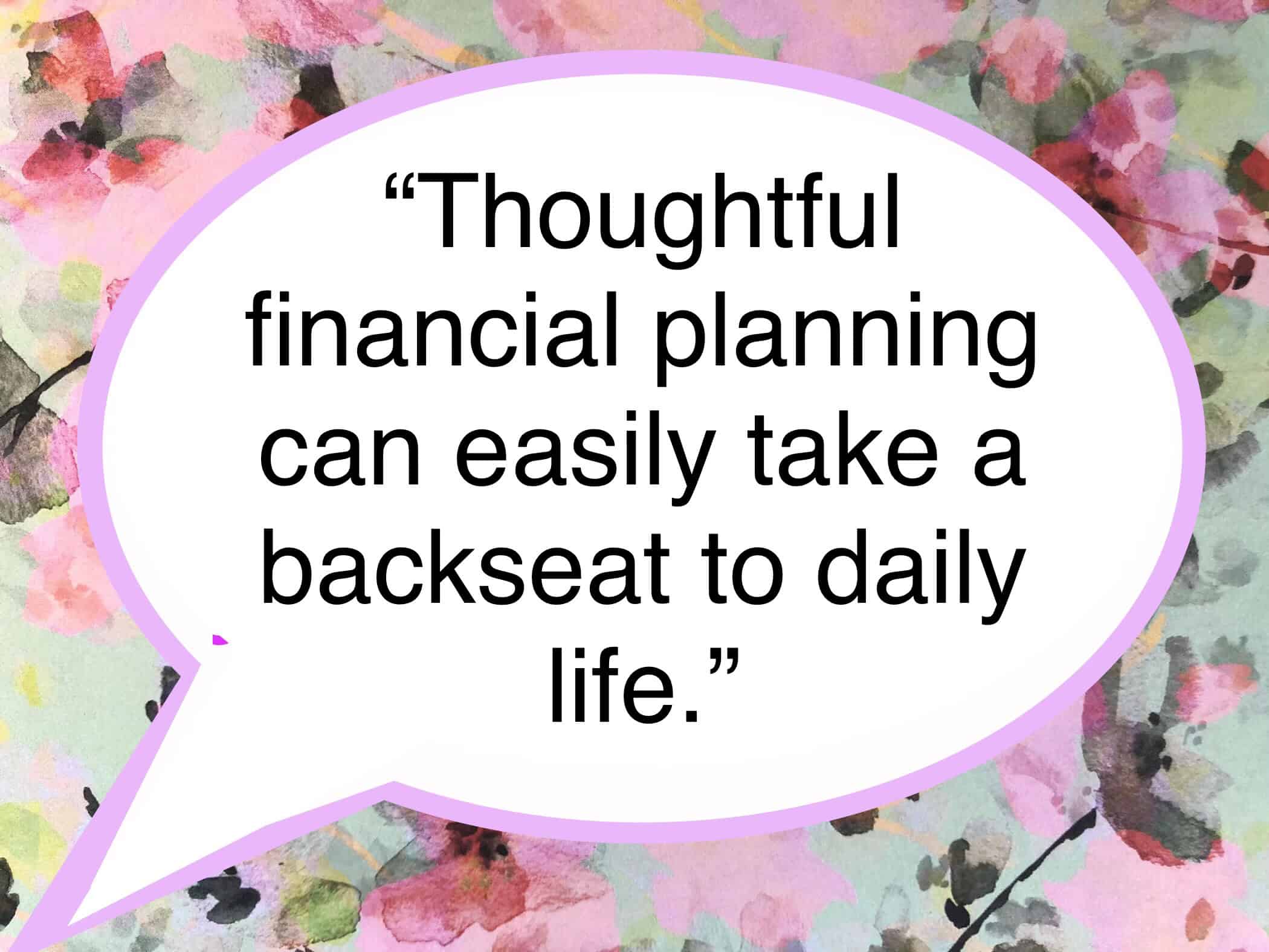

Striking a balance between staying informed and enjoying the present moment is the goal of thoughtful financial planning. Maintaining financial stability through budgeting, saving, and investing wisely can provide a sense of security. Though life events, economic shifts, and redefining personal goals may require updating your financial plan, being proactive in managing them, will keep your finances from overshadowing other aspects of your life.
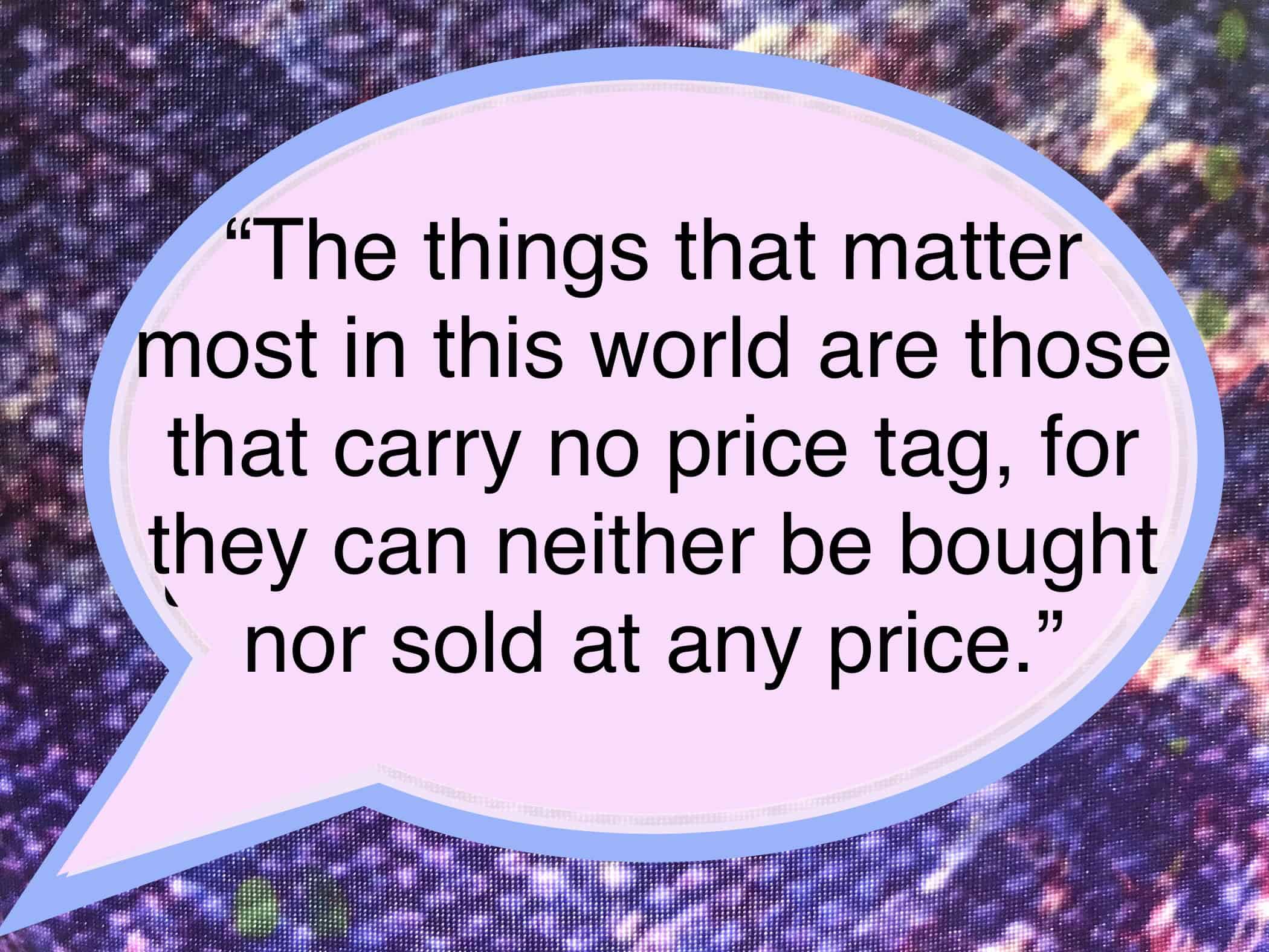

The connections we forge with others and the intangible qualities that define our humanity transcend the boundaries of material wealth. These relationships and experiences form the fabric of our lives far beyond the material world. True fulfillment lies not in the accumulation of possessions but in the warmth of human connection and the beauty of shared experiences.
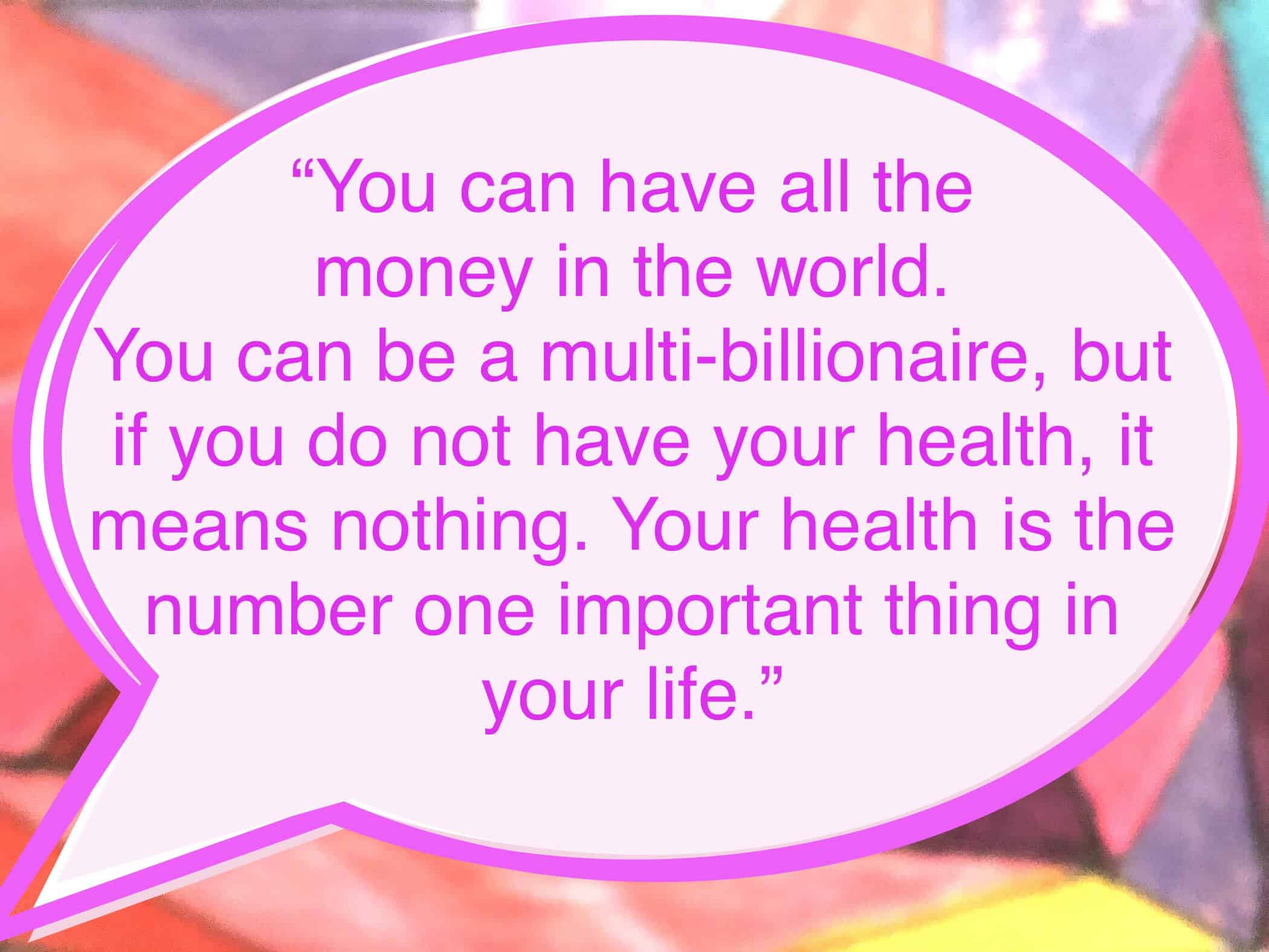

Illness is stressful enough, period. Struggling to maintain consistent employment in the wake of a health crisis or chronic illness thanks to missed work, reduced productivity, or physical limitations exacerbates that stress. Moreover, chronic health conditions lead to increased medical expenses, resulting in further financial instability. This underscores the intricate link between health and economic well-being. As hackneyed as it sounds, diet and exercise are the best health insurance policy. Neglect them at your peril.
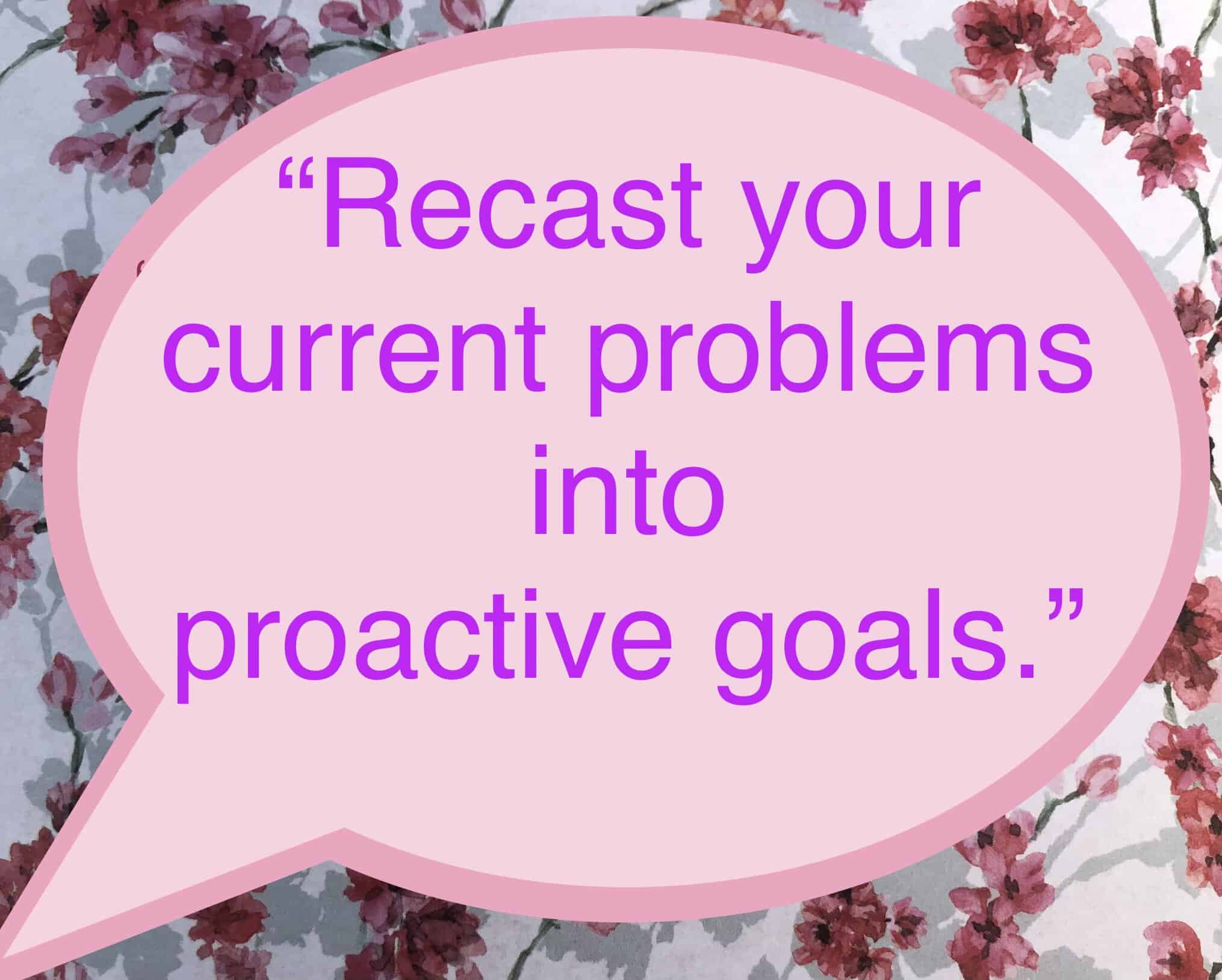

Shifting one’s mindset to view problems as opportunities involves cultivating resilience snd optimism. Instead of seeing stumbling blocks as barriers, view them as opportunities for learning. Rather than dwelling on problems, concentrate on finding solutions. Break down obstacles into smaller, manageable tasks, and approach them with a problem-solving mindset. Surround yourself with a supportive network of folks who can offer encouragement, advice, and perspective during challenging times. You’ve got this!
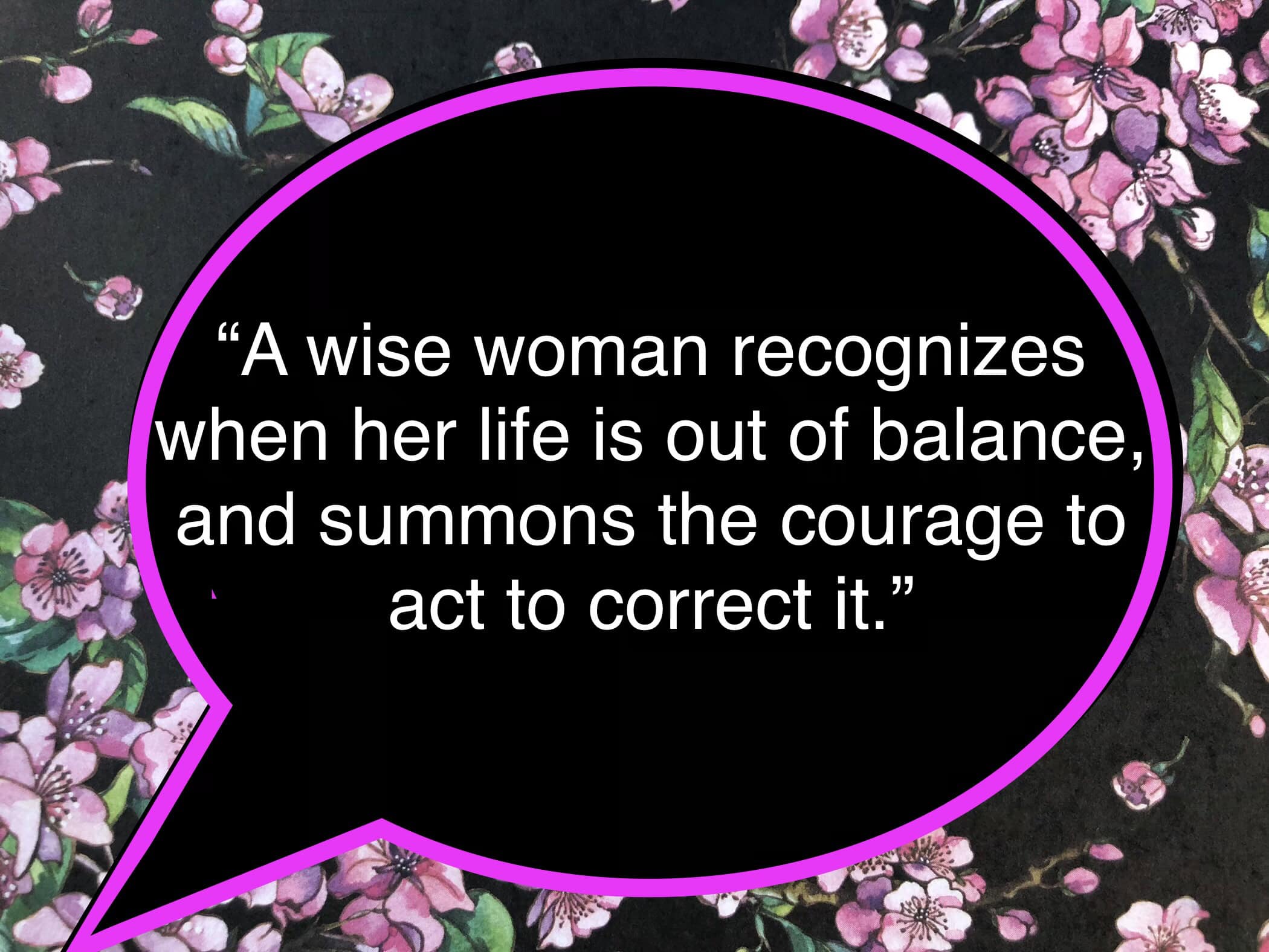

Regaining your balance after losing your footing is a journey of self-discovery and resilience. Take time to reflect on the factors that contributed to your present circumstances, then set achievable goals. Break tasks into manageable steps, while seeking the support of loved ones or mentors along the way. Recognize that setbacks are part of growth as you nurture your emotional well-being. Celebrate the small victories as you move forward. With patience and perseverance, you’ll regain your footing once again.


Confidence and happiness merge to create beauty and allure that is nonpareil. A confident woman’s presence is magnetic, drawing others towards her warmth, positivity, and authenticity. Confidence and happiness are timeless qualities that transcend physical appearance, leaving a lasting impression that resonates deeply with those who have the privilege of encountering such a remarkable individual. And so, beautiful people, let’s get out there and slay!
Thank you for reading! Have some feedback for us?
Contact the 24/7 Wall St. editorial team.